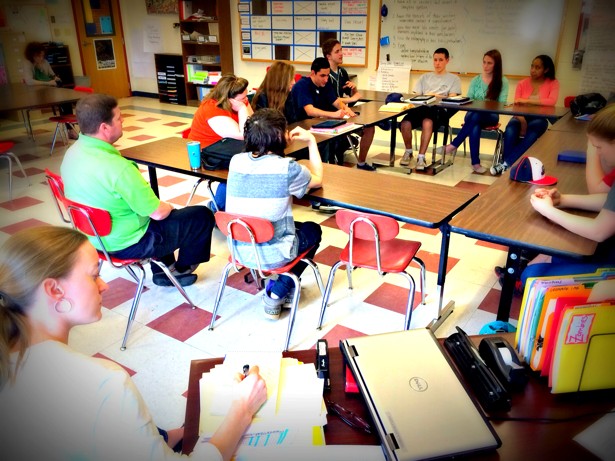A learning process passes through several phrases till the time when the student successfully stores the information in his or her long-term memory. This is where the four functions of the learning process steps. Not only from the psychological perspective, but students should understand these functions in the general sense too if they are to know more about their learning process
Gathering
Data penetrates our brain through the senses. Gathering calls for collecting information by using various memory principles, especially those that requires you to put an effort. Do note that past knowledge serves as the basis for new knowledge to build on. Prior knowledge is typically the stage though which college and university level education starts. Then starts the struggle to combine the old information chunks with the new neural networks contained in the subject material to acquire new learning from a blend of old and new. The gathering process can be further easily understood in driving, which includes reading road signs and writing relevant instructions.
Analyzing
Analyzing allows the students to discover the meaning of the subject material through reflection. Technically speaking, the back cortex captures the information in small chunks and then organizes it. And understanding from the learning perspective, this integration process is reflective in nature. The point is, we closely examine any new information and try to make it personal through powerful connections. We see that how the new information merges with our personal, real-life experience and how it relates to us, and in our quest to make associations, we develop new connections along the way.
The process of analyzing also calls for a considerable number of memory principles. Consider the driving example again, in the analyzing process you will watch for alternate routes in accord with the changing traffic conditions along with the stops require to make.
Developing New Ideas
Apparently, data enters our mind through a solid, fresh experience. Afterwards, the information is sorted and rearranged in the brain through reflection. However, it is still a mere data until the learner makes a move to do something from it. What students should understand is that “comprehension” alone is not “ownership”.
When we transform the information into practical ideas, implementations, and plans, that is when we take control of the data stored in our memory. We as learners, create a purposeful neural network and have the freedom to test the implication of our own knowledge. Speaking from the Bloom’s taxonomy’s perspective, it is synthesis. From the driving example, put it in a way that the driver can almost precisely predict that by opting a different route, he or she can avoid a packed traffic or even an accident.
Acting
Action is the only move that is required to test the knowledge and mark the completion of the learning process. Writing, drawing, speaking or any kind of action helps us to test the applicability and benefit of the subject material we learned in or out of the class. During this stage, the learner has now become competent enough to become a source of knowledge generation him- or herself, rather than staying a receiver.
Author Bio
Mark Stein is a certified educational psychologist and has conducted numerous sessions on related topics for both graduate students and professionals. Besides his routine research work and contribution in uplifting the mental health of learners worldwide, Mark also works as a proficient custom dissertation writing expert with a registered student base under his academic expertise.
